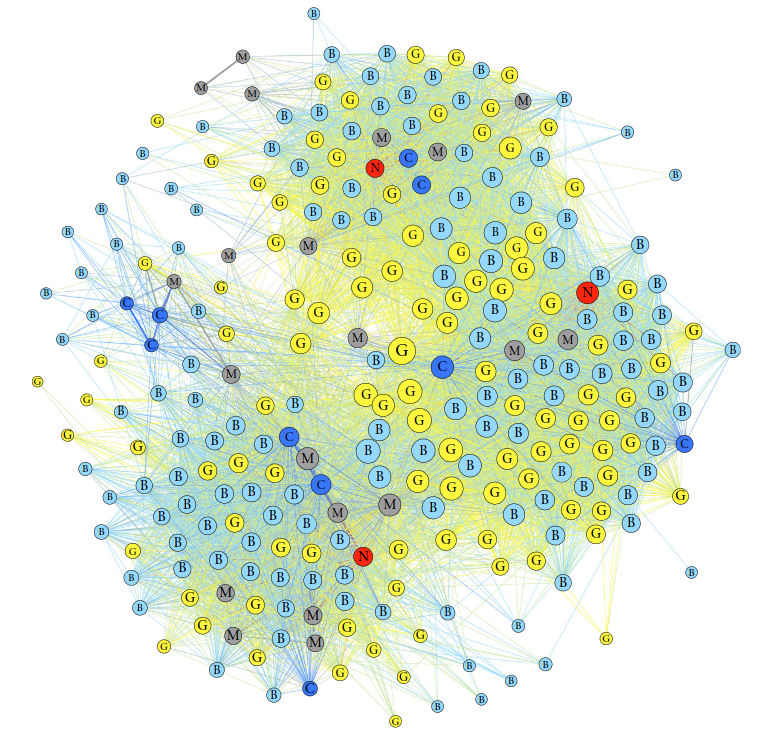
Animal Behaviour
Course Summer Semester 2022
Description
The ability to move can provide distinct advantages for organisms if they can find the most suitable environment to live in. However, to do so, individuals must have the ability for locomotion and the ability to make decisions about where to move. How animals do this is the key focus of research in Animal Behaviour. The study of animal behaviour is therefore highly integrative and has a strong focus on the evolutionary basis of how animals respond to selective pressure arising from their environment. The lectures will first introduce behaviour and explain the mechanisms that generate behaviour. They will then cover a range of topics to provide a broad understanding of how and why animals behave, including: social and collective animal behaviour, predator-prey and co-evolutionary dynamics, group living and social learning, natural and sexual selection, signaling and communication, innovation and problem-solving.
Instructors: Iain Couzin, Alex Jordan, Michael Griesser
Course Summer Semester 2021
Description: The ability to move can provide distinct advantages for organisms if they can find the most suitable environment to live in. However, to do so, individuals must have the ability for locomotion and the ability to make decisions about where to move. How animals do this is the key focus of research in Animal Behaviour. The study of animal behaviour is therefore highly integrative and has a strong focus on the evolutionary basis of how animals respond to selective pressure arising from their environment. The lectures will first introduce behaviour and explain the mechanisms that generate behaviour. They will then cover a range of topics to provide a broad understanding of how and why animals behave, including: social and collective animal behaviour, predator-prey and co-evolutionary dynamics, group living and social learning, natural and sexual selection, signaling and communication, innovation and problem-solving.
Instructores: Iain Couzin, Alex Jordan, Michael Griesser
Course Summer Semester 2020
About
This course will focus on animal locomotion and their ability to make decisions about where to move.
Introductory lectures will focus on behaviour and explain the mechanisms that generate behaviour. They will then cover a range of topics to provide a broad understanding of how and why animals behave, including: social and collective animal behaviour, predator-prey and co-evolutionary dynamics, group living and social learning, natural and sexual selection, signaling and communication, innovation and problem-solving.
Dates: April 22, 2020 - July 15, 2020
Instructors: Iain Couzin, Alex Jordan and Damien Farine
Prerequisites: Motivation to learn how to model and analyze animal behaviour. No specific background in biology is necessary.
